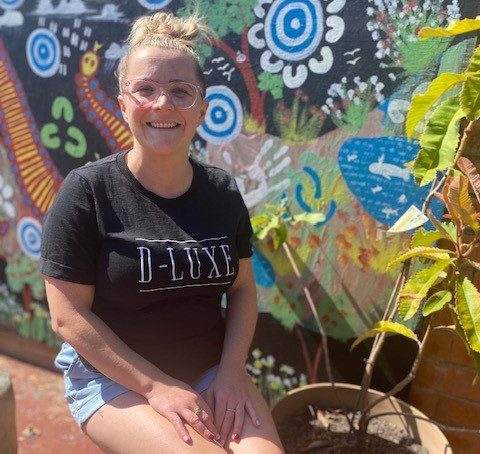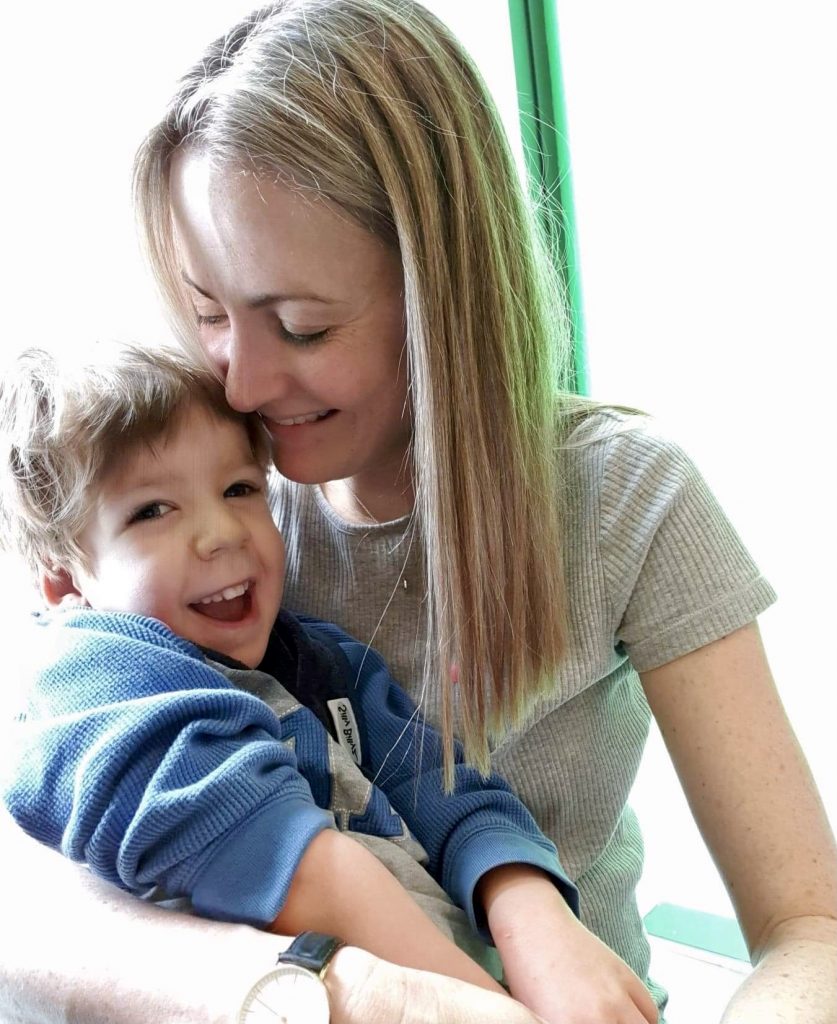Rose Cottage shares story of meaningful ECEC inclusion on IDPWD

Friday 3 December is recognised globally as the International Day of Persons with Disabilities, or IDPWD for short. Its aim is to recognise and celebrate the contributions made and lives enjoyed by the rich and vibrant disabled community.
It also serves as an excellent opportunity for creating space and airtime to talk about the challenges people with disabilities face as a group in society that is still extremely marginalised and often deeply maligned.
In the early childhood education and care (ECEC) space, the inclusion of children with additional needs or disabilities is a crucial discussion, with many families experiencing stress in finding a service which will appropriately cater a child’s needs.
Families of children living with a disability often struggle to find a centre, with many centres not equipped with access or appropriately trained staff to support their child’s attendance at the service.
A recent survey commissioned by disability support provider Hireup and carried out by Omnipoll found that 62 per cent of Australians believe access to buildings, public spaces and facilities is difficult for people with disabilities, while 53 per cent think that it is difficult for people with disability to access support or help for everyday activities such as shopping, exercise and leisure. Both of these issues come to the fore for families trying to access an early learning centre.
Arlo’s Story
Mel Dimmitt is mum to five-year-old Arlo, who uses a wheelchair and non-verbal. She says the family were lucky to secure access to Rose Cottage in Leichhardt, Sydney, from when Arlo was aged two until four, when they moved from Sydney.

“We had toured another local daycare that was very welcoming, but it had three storeys, and they recommended we check out Rose Cottage, a small – and mercifully flat – centre just a few minutes’ walk from our house. From the moment we set foot in the door for a look-around, the the manager at Rose Cottage, Tara, made us feel at home.
Mel felt reassured by Tara’s welcome, and that she was open to providing care for Arlo “no matter what information we threw at her. Potential seizures? No problem!”
“This centre had never cared for a child with disabilities like Arlo’s before but saw his enrollment as an opportunity to learn new skills and diversify the classroom. They got trained up and kitted out with knowledge and equipment that meant Arlo could share in pretty much everything,” Mel explained.
“Arlo benefited from having a group of 20 or so little friends, and we benefited from seeing our boy happy, and spending time independent of us. It was also wonderful to watch as Arlo’s educators, peers, and their parents, realise that a child with profound disability is just like any other child.”
This access to early learning was important to Arlo’s development and was reliant on the centre being willing to invest in staff training. As a purpose-built centre, accessibility wasn’t an issue, and Tara prioritised supporting the team to ensure they all felt comfortable.
“We wanted our service to be an inclusive practice so we explored the barriers to supporting Arlo, and what strategies and plans needed to be put in place to create a caring and supportive environment so he could thrive and grow. And we looked into how we could work with an inclusion-support professional to deliver the best outcomes not just for Arlo but for the care environment for the whole centre.”
Rose Cottage was able to adapt a changing area for Arlo and develop a routine for him through the building of vital relationships with his family and health professionals, to ensure his requirements were readily available in the setting.
Tara believes Arlo’s impact on the other children at the centre was incredibly positive as they developed trusting relationships and fostered empathy. By creating an environment that supports the inclusion of a child with disability, every child was supported to thrive and value diversity.
“The children saw Arlo as Arlo, not as a child with a disability,” explains Tara.
“They were always so interested and involved in his journey. When his physio was here, when he was going for a walk, when he was having his bottle, the children wanted to help. They built empathy through the loving connection and relationship they had with Arlo and developed emotional intelligence through their exposure and experiences with him at the centre. Empathy and care come into inclusiveness and by practising those principles it became the heart note of the centre, of which we are very proud.”
The experience was also a positive one for the educators who experienced the importance of working collaboratively with the family and the inclusion-support person to provide consistency and stability for all the children within the centre.
ECEC inclusivity benefits all, UoW research finds
In a recent article published by the NSW Department of Education, Dr Jane Warren from the University of Wollongong (UoW) notes that the benefits of creating an inclusive environment for children with disability in early childhood education and care extends well beyond one child, family or centre.
“Everyone benefits from inclusion – the child with a disability, that child’s family, other children in the early childhood education and care centre, other families, the educators and broader staff, and the wider community,” Dr Warren said.
“We know from the research that the foundations laid in the first five years of life can have a significant impact on the trajectory of lifelong learning. This can also apply to attitudes. Young children will often question differences, but these questions do not come from a place of judgment.
When honest and respectful answers are given, children develop further knowledge and understanding that not everyone is the same. Children will then often be the ones to educate their parents and others about inclusion! Early childhood educators have a significant responsibility to help shape the beliefs and values of all children, as what children learn in the first five years of life will have a significant impact on later attitudes and learning,” she added.
Both Tara and Mel believe Arlo’s attendance at Rose Cottage provided important formative lessons for all the children.
“We need ECEC services across Australia to be in the position to provide this support service to children with disabilities. It’s vital not only for the child living with a disability but for all children in shaping a society that is caring and inclusive,” Mel added.
Simple steps to inclusion
“Simple things can help ECEC services to get better at providing access for children with disabilities” Andrew Thomas from Hireup shared.
“Physical barriers are the obvious ones to fix – can groups be shuffled around so they don’t all need to go ‘upstairs’, for example?”
“But more fundamental are the barriers of attitude. For that, we’d suggest centre managers ask parents of children with disabilities to come in, from time to time, and simply answer queries from staff. It’s amazing how simple things can remove barriers – including fears – when honest questions are asked and answered.”
To find out more about the Hireup and the research undertaken, please see here.
Popular

Quality
Practice
Provider
Workforce
Reclaiming Joy: Why connection, curiosity and care still matter in early childhood education
2025-07-09 10:00:07
by Fiona Alston

Policy
Practice
Provider
Quality
Research
Workforce
Beyond the headlines: celebrating educators and the power of positive relationships in early learning
2025-07-07 10:00:24
by Fiona Alston

Workforce
Policy
Quality
Practice
Provider
Research
ECEC must change now, our children can’t wait for another inquiry
2025-07-02 07:47:14
by Fiona Alston











